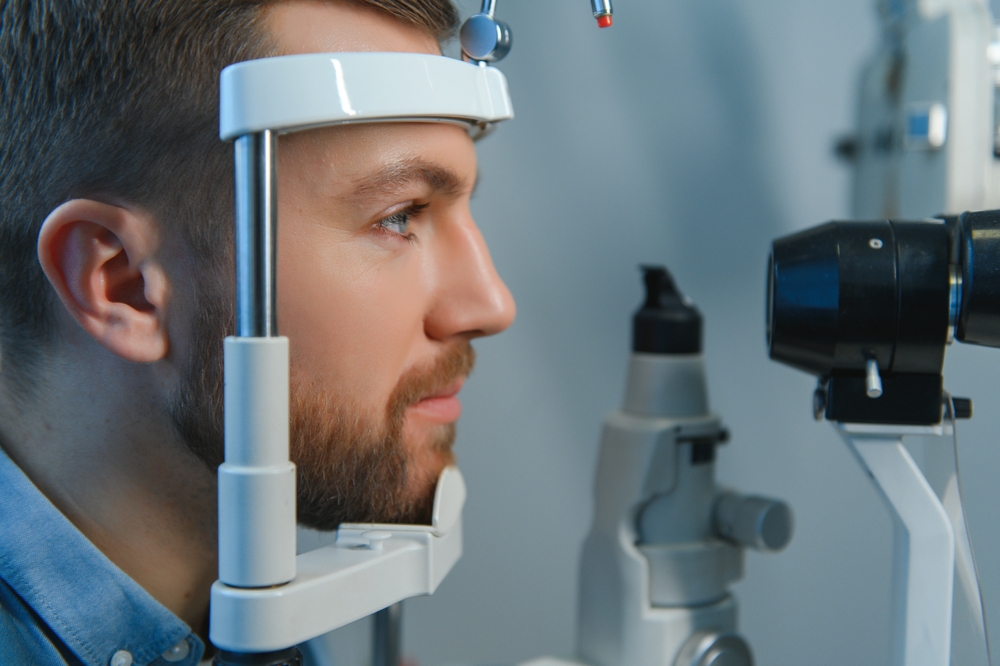
A comprehensive eye exam is a thorough assessment of your visual system, conducted by a qualified eye care professional. This examination goes beyond simply checking your eyesight; it delves into the overall health and function of your eyes, allowing for early detection and treatment of various eye conditions.
Understanding what a comprehensive eye exam entails is the first step in ensuring your eyes receive the care they deserve. During a comprehensive exam, your eye doctor will perform a series of tests and assessments, including evaluating your visual acuity, checking for refractive errors (such as nearsightedness, farsightedness, and astigmatism), and assessing the health of your eyes, including the cornea, lens, retina, and optic nerve.
Common Eye Conditions That Can Be Detected Through Regular Exams
Regular comprehensive eye exams can help identify a wide range of eye conditions, some of which may not have obvious symptoms in the early stages. These include:
Refractive Errors: Nearsightedness (myopia), farsightedness (hyperopia), and astigmatism are common refractive errors that can be easily diagnosed and corrected with the right prescription lenses or other treatments.
Glaucoma: This is a group of eye diseases that can damage the optic nerve and lead to vision loss if left untreated. Regular eye exams can help detect glaucoma in its early stages, allowing for timely intervention.
Cataracts: A cataract is a clouding of the eye's natural lens, which can gradually impair vision. Comprehensive eye exams can identify the presence and progression of cataracts.
Age-Related Macular Degeneration (AMD): AMD is a leading cause of vision loss in older adults. Regular eye exams can help diagnose this condition and monitor its progression.
Diabetic Retinopathy: This eye condition is a complication of diabetes and can lead to vision loss if not properly managed. Comprehensive eye exams are crucial for individuals with diabetes to detect and manage this condition.
The Importance of Regular Eye Exams for Early Detection and Treatment
Maintaining regular comprehensive eye exams is essential for the early detection and treatment of these and other eye conditions. By catching issues early, your eye doctor can implement appropriate interventions, potentially preventing or slowing the progression of vision problems and preserving your eye health.
Early detection also allows for more effective treatment options, as many eye conditions are more responsive to treatment in their early stages. Regular exams can also help identify underlying health issues that may be affecting your vision, such as diabetes or high blood pressure, enabling you and your healthcare team to address these concerns promptly.
How Often Should You Have a Comprehensive Eye Exam?
Here are the recommendations for how often you should have a comprehensive eye exam:
Children and teenagers (6 months to 18 years old): Annual eye exams are recommended to check for vision problems, eye diseases, and to monitor development.
Adults (19-64 years old): Eye exams every 1-2 years are recommended, even if you don't have any vision problems. This allows your eye doctor to detect any changes or issues early.
Older adults (65 years and older): Annual eye exams are recommended to check for age-related eye diseases like cataracts, glaucoma, and macular degeneration.
Individuals with diabetes: Annual dilated eye exams are recommended, as diabetes can cause vision-threatening eye diseases.
Individuals with a family history of eye disease: More frequent exams may be needed, as some eye conditions can be hereditary.
Contact lens wearers: Contact lens wearers should have an annual eye exam to ensure the contacts are fitting properly and the eyes are healthy.
The frequency can vary based on your individual eye health, risk factors, and any vision changes you experience. It's best to follow the recommendations of your eye doctor, who can advise you on the appropriate exam schedule for your needs.
Prioritizing Your Eye Health Through Regular Exams
Comprehensive eye exams are essential for maintaining the health and function of your eyes throughout your lifetime. By understanding the importance of regular exams, being aware of common eye conditions, and recognizing the factors that may affect exam frequency, you can take proactive steps to prioritize your eye health.
At Today's Vision Bulverde, we are committed to providing comprehensive eye care services to our patients. Visit our office in San Antonio, Texas, or call (210) 307-4749 to schedule your comprehensive eye exam and take the first step towards maintaining your vision for years to come.










